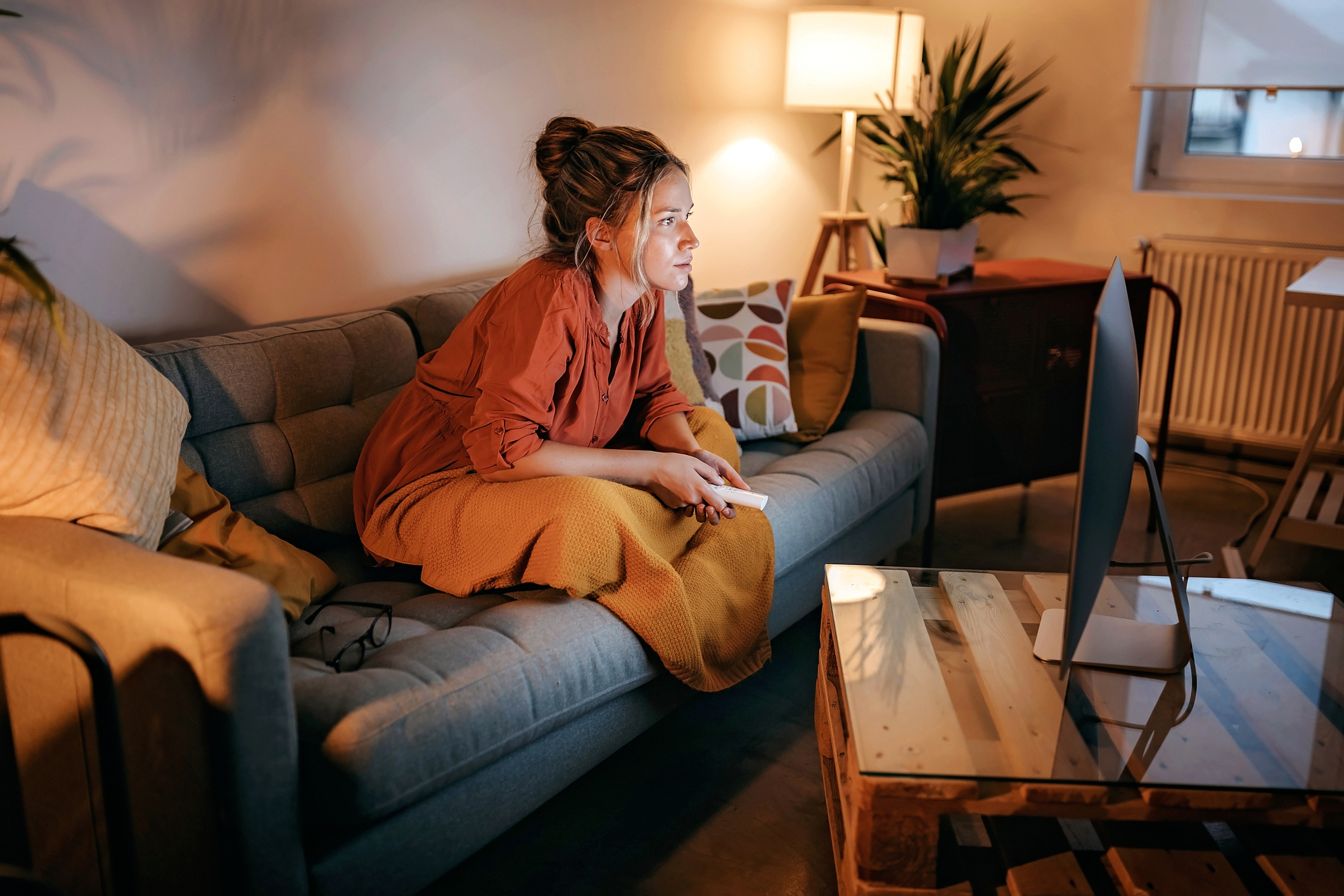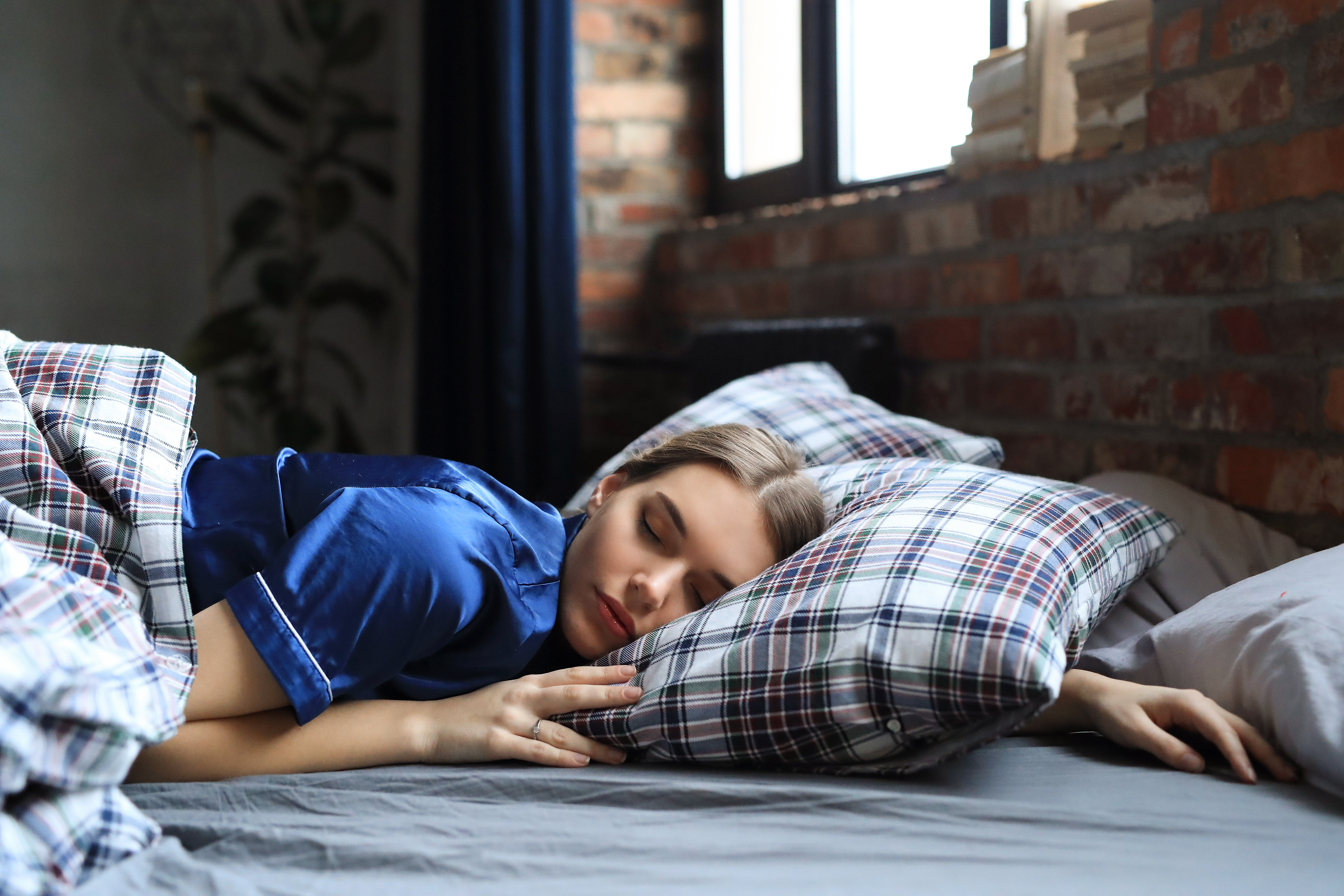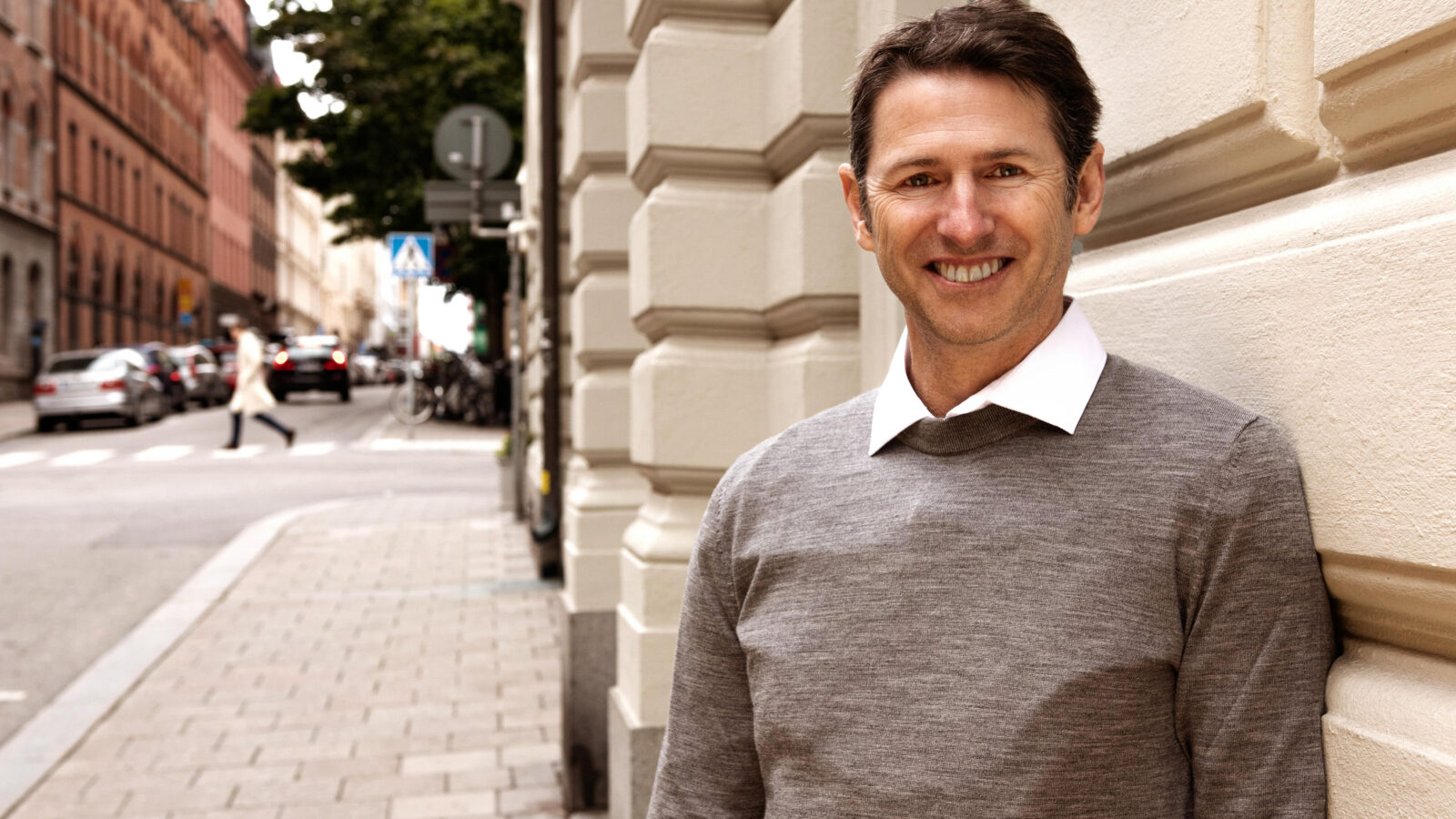You’ve probably heard that you shouldn’t have your TV in your bedroom. But do you know where this 50-year ‘rule’ originated?
If not, well I’m here to tell you – as a 20-year sleep expert – that you can watch TV in the bedroom. In fact, not only can you watch TV in the hour before bed, but it may even help you sleep.
You see, I had the privilege of knowing Professor Richard ‘Dick’ Bootzin, and I had a few conversations about how his original rules for sleep could evolve.
In 1972, Dick attended the American Psychological Association and presented what was to be the world’s best treatment for insomnia.
It’s known as Stimulus Control Therapy.
You may or may not have heard of it, possibly because it’s become nestled amongst a bunch of other treatment techniques, which have collectively become known as Cognitive-Behaviour Therapy for Insomnia.
But importantly, one of the instructions of Stimulus Control Therapy is to only use the bed for sleeping and bonking … I mean, sex. This implies that the bed should not be used for any other activity, including watching TV.

I don’t know about you, but over the decades, I had many experiences of falling asleep in front of the telly.
And when I became a clinical psychologist treating insomnia, I heard many a tale from clients who fell asleep, on the couch, while the television was on. But often they would say that they removed their TV from their bedroom a long time ago, in an attempt to improve their sleep.
Inevitably I would point out that removing the TV from the bedroom didn’t prevent them from coming to see me. And since they seem to be falling asleep while the TV was on, they may as well be in bed while that happened.
So over the years I started performing this little experiment of re-introducing the TV into the bedroom with my insomnia clients – and I noticed two things:
- they would fall asleep in bed while the TV was on in their bedroom.
- they began to enjoy their bedroom again. I would often hear from people experiencing insomnia that they didn’t like their bedroom. They dreaded going to bed.
But watching TV flipped their typical negative experiences into a positive one.
I was intrigued by these mini-experiments with my clients. So much so that I thought I’d make use of my PhD training in sleep research to study the positive effects of watching TV in bed.

My first experiment examined how long teenagers took to fall asleep after watching the documentary – March of the Penguins – a film narrated by the smooth-talking Morgan Freeman. On average, teens took 3 minutes to fall asleep.
Not only that, but one third of them fell asleep whilst watching these flightless birds march around. Or maybe it was Morgan Freeman’s slick voice that lulled them to sleep?
A few years later, our team decided to collect data from all the studies that had researched TV watching and sleep, and crunch these data altogether in one hit.
What we found is that there was a near-zero correlation between watching TV and sleep. In other words, it didn’t matter how much or how little TV watching occurred in the evening, because it didn’t influence sleep. Around this era, we read an insightful study that asked teens whether they used technology as a sleep aid. Somewhat surprisingly, 37% said they used a TV to help them fall asleep.

The prospect of TV being a sleep aid raised memories for me. All those stories told by my insomnia clients who fell asleep in front of the Idiot Box.
People with insomnia tend to speak of mind racing when trying to fall asleep. They reported “thinking about everything and nothing”. Studies would reveal that thinking about possible future events, and reflecting negatively on past ones were common thought patterns linked to insomnia.
So could it be possible that these thought processes are blocked by watching TV in bed? Is this why a TV is considered a sleep aid? This year we published a study suggesting this to be true.
We found that about 2 in every 3 people would use technology before sleep to distract themselves from their worries.
Ah! But what about those streaming services now that try to keep you watching TV shows by leaving you with a cliffhanger at the end of each episode? Well, that’s been recently researched too. And whilst people’s heart rates did rise after a cliffhanger – they fell asleep just fine (in fact, they fell asleep a few minutes faster!).
I believe people may be numbing to the advice to remove all devices from the bedroom and/or don’t use technology in the hour before bed.
And whilst this broken-record-piece-of-advice keeps going round and round, the evolving science is suggesting otherwise.
That is – it’s OK to watch TV in the hour before bed – and to do it in bed.


